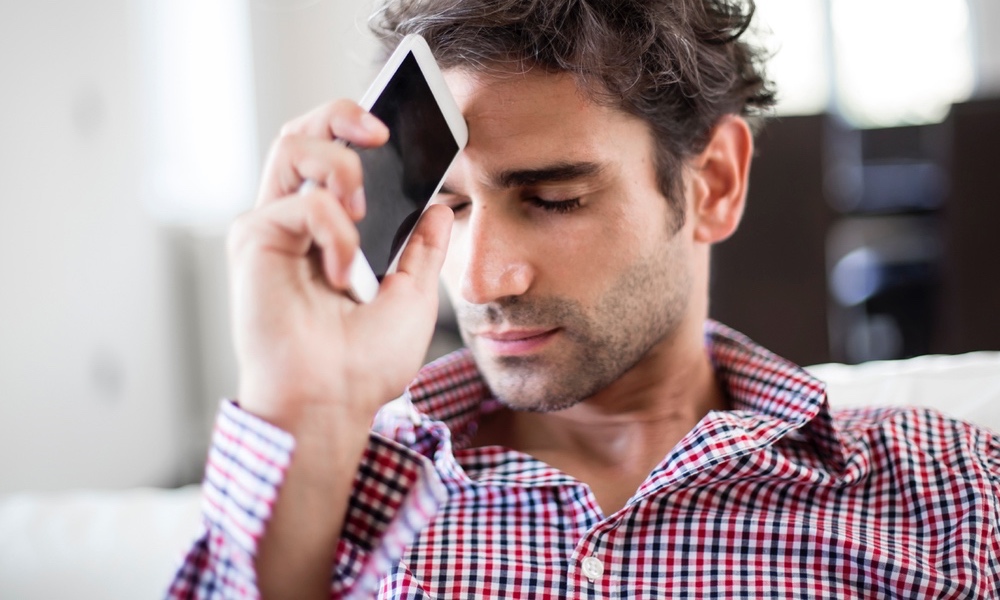Health apps certainly make our lives more convenient. They not only help motivate us to exercise, lose weight and keep our blood pressure and heart rate on track, some also enable us to get our lab test results, renew prescriptions and even book an appointment with our doctor. But the perks of these apps come with a serious hitch — they can gather our personal information. Is this sensitive data being kept safe and secure? According to an Australian study of thousands of these types of mobile apps known as “mhealth apps” the answer is, not so much.
The privacy practices of more than 20,000 medical, health and fitness-related apps were compared with a random sample of about 8,000 non-health related apps. Even though health apps tend to collect less user data than other kinds of apps, the researchers found that 88 percent could still access and potentially share private personal information.
While the researchers, from Macquarie University in Sydney, found only 4 percent of the health apps they tested were actually transmitting personal data, the results still give us reason to be cautious. Why? Because third parties (most often tech companies like Google and Facebook) who collect the data can use it to look at our habits and develop a profile to enable targeted advertising and manipulate our purchases. What’s more, it’s not easy to find out whether the apps are using this information. Over a quarter of the health apps had no indicators of their privacy policies. And for those that did, at least 25 percent of user data transmission violated what was stated in their policy.Over a quarter of the health apps had no indicators of their privacy policies. And for those that did, at least 25 percent of user data transmission violated what was stated in their policy.
Is there anything we can do to better protect ourselves? Consumer Reports offers these suggestions:
- Take the time to read the privacy policies. Check to see whether it states that your data are being shared with a third party.
- Re-read it every now and again. Policies can change.
- Question the settings. For example, why would a health app need to access your personal contacts, location or microphone?
- Choose your apps with care. If it’s possible, opt only for those apps linked to your medical provider’s office.
- Think twice about free apps. To often they exist for the sole purpose of collecting your personal data.
But companies also need to be forthright. “We must also advocate for greater scrutiny,” the Australian researchers warn. We must demand that there be “regulation and accountability on the part of the key players behind the scenes — the app stores, digital advertisers, and data brokers — to address whether these data should exist and how they should be used, and to ensure accountability for harms that arise.”
The study is published in the bmj, the British Medical Journal.





